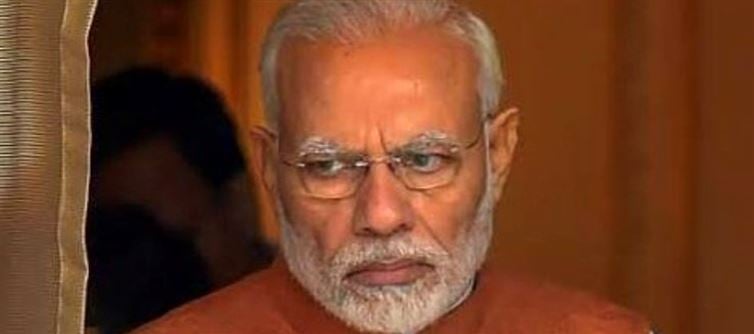
Rather than simply a battle of parties, the underlying tension here is intra-opposition fracture, with the narendra Modi-led narrative pointing out that the alliance between Rashtriya Janata Dal (RJD) and indian national congress is not just external opposition to the ruling bloc, but a “marriage of convenience” built on unstable mutual distrust. In effect, by accusing RJD of “taking the chief minister post at gunpoint” and forecasting that "Congress and RJD will be at each other’s throats after the election," Modi is shifting the battlefield within the grand alliance — seeking to expose cracks that the opposition would rather hide. Thus the surprising pivot: the message is not just “them vs us” but “them vs each other.”
In short: the biggest risk for the opposition may not be the BJP, but their own alliance dynamics.
“When Power Is Pulled at Gunpoint: Modi Claims RJD Hijacked cm Role — Sparks ‘Brother Against Brother’ war in Opposition Camp”
Teaser line:
"Is the grand alliance unraveling from within? A blistering attack by the PM suggests the real war may be between the partners — not across them."
With the drum-roll of election season building, prime minister narendra Modi dropped what may be a political bombshell: he claims the RJD forced the chief minister post at gunpoint, accusing the party of wielding coercive power rather than democratic choice. According to the PM’s polarising address, the union between the RJD and congress is already unraveling — “Congress and RJD will be at each other’s throats after the election,” he warned ominously.
Imagine a pact of convenience turning into a cage fight. The opposition that promised united front for change is now being portrayed as internally fractured, with RJD’s dominance over the congress — once an elegant alliance — now exposed as imbalanced and ripe for conflict. Namdar’s shock at “Operation Sindoor” is not just about a military name or strike: it’s positioned as a symbol of the RJD asserting prerogative, dictating terms, and leaving the congress reeling.
For the average voter, this isn’t just election rhetoric: it suggests that the promised “mahagathbandhan” might also mean mutual blame-games, power-sharing spats and a silent breakdown even before governance begins. The PM’s message: if you vote for them, you’re also voting for their internal chaos.
In the high-stakes theatre of bihar politics, this is more than words — it’s a warning: one partner will dominate, the other will bristle. Emotional stakes are high: the accusation of power theft (“at gunpoint”), the portrayal of betrayal, the hint of violence beneath the surface. The opposition’s unity? Under severe stress. The message to the public? history shows how messy things get when the jockeying is behind closed doors — and this time you’re seeing it in broad daylight.




 click and follow Indiaherald WhatsApp channel
click and follow Indiaherald WhatsApp channel